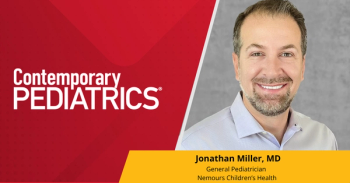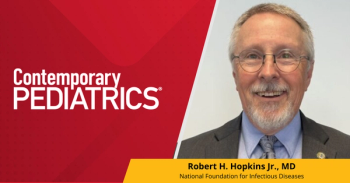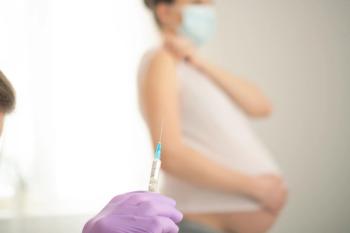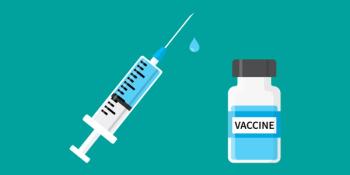
Looking into the rate of severe COVID-19 outcomes for kids tested in the ED
A global study examines how often severe outcomes occur within 14 days of a positive COVID-19 test occurring in an emergency department (ED).
With the COVID-19 pandemic reaching an unprecedented crescendo and pediatric cases continuing to become more prominent with each new variant of the disease, an understanding of how many pediatric cases that initially present and receive testing in an emergency department experience a severe outcome or death is more important than ever. A
Investigators performed a prospective cohort study with 14-day follow-up that enrolled participants between March 2020 and June 2021. They included children and adolescents aged younger than 18 years who were tested for COVID-19 infection at an emergency department in 10 countries: Argentina, Australia, Canada, Costa Rica, Italy, New Zealand, Paraguay, Singapore, Spain, and the United States. Infection was confirmed via a polymerase chain reaction test. Severe outcomes were either the occurrence of a complication such as encephalitis or cardiac arrest or the performance of an intervention linked to a severe occurrence such as chest drainage or positive pressure ventilation, as well as death.
There were 3221 patients included in the study, with 2007 coming from the United States and 484 self-reporting a chronic illness. The median age of the cohort was 3 years. Following 14 days of follow-up, 735 children required hospitalization; 107 recorded severe outcomes; and 4 children had died. Investigators noted that there were several characteristic that were linked to severe outcomes, including being aged 5 to 18 years (age 5 to <10 years vs <1 year: odds ratio [OR], 1.60 [95% CI, 1.09-2.34]; age 10 to <18 years vs <1 year: OR, 2.39 [95% CI 1.38-4.14]), having a self-reported chronic illness (OR, 2.34 [95% CI, 1.59-3.44]), prior episode of pneumonia (OR, 3.15 [95% CI, 1.83-5.42]), symptoms starting 4 to 7 days prior to seeking ED care (vs starting 0-3 days before seeking care: OR, 2.22 [95% CI, 1.29-3.82]), and country (eg, Canada vs US: OR, 0.11 [95% CI, 0.05-0.23]; Costa Rica vs US: OR, 1.76 [95% CI, 1.05-2.96]; Spain vs US: OR, 0.51 [95% CI, 0.27-0.98]). In a subcohort of patients who were sent home from the emergency department after being tested and completed the 14 days of follow-up, 50 were subsequently hospitalized and 12 had severe outcomes.
The investigators concluded that about 3% of pediatric patients who tested positive for COVID-19 in the emergency department had severe outcomes within 2 weeks of their initial visit. The risk was much less for children who were sent home from the emergency department than among those who were kept in the hospital. The risk factors noted such as age and underlying chronic illness could be useful when determining a patient’s clinical care.
Reference
- Funk A, Florin T, Kupperman N, et al. Outcomes of SARS-CoV-2–positive youths tested in emergency departments: the global PERN–COVID-19 study. JAMA Netw Open. 2022;5(1):e2142322. doi:10.1001/jamanetworkopen.2021.42322
Newsletter
Access practical, evidence-based guidance to support better care for our youngest patients. Join our email list for the latest clinical updates.








